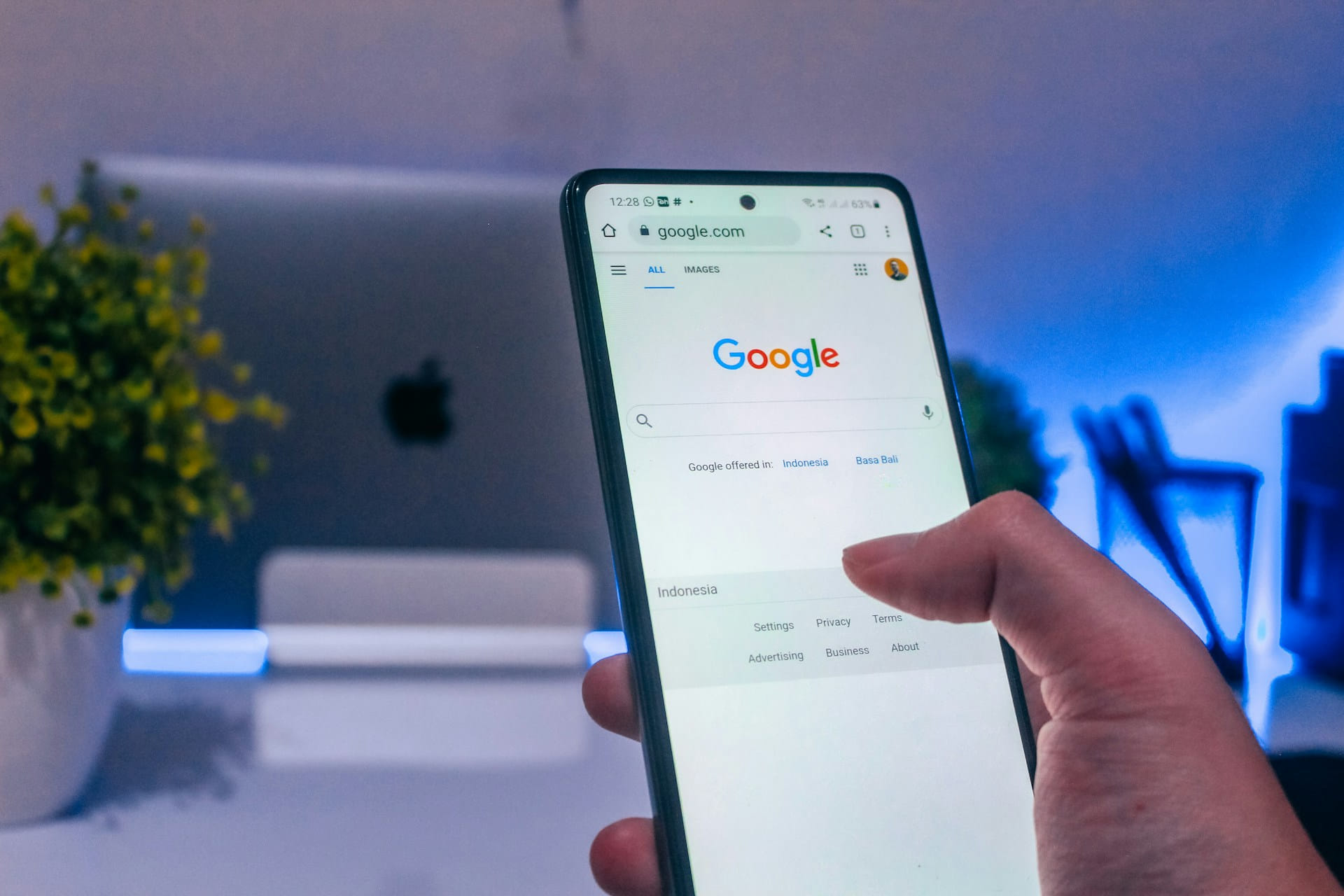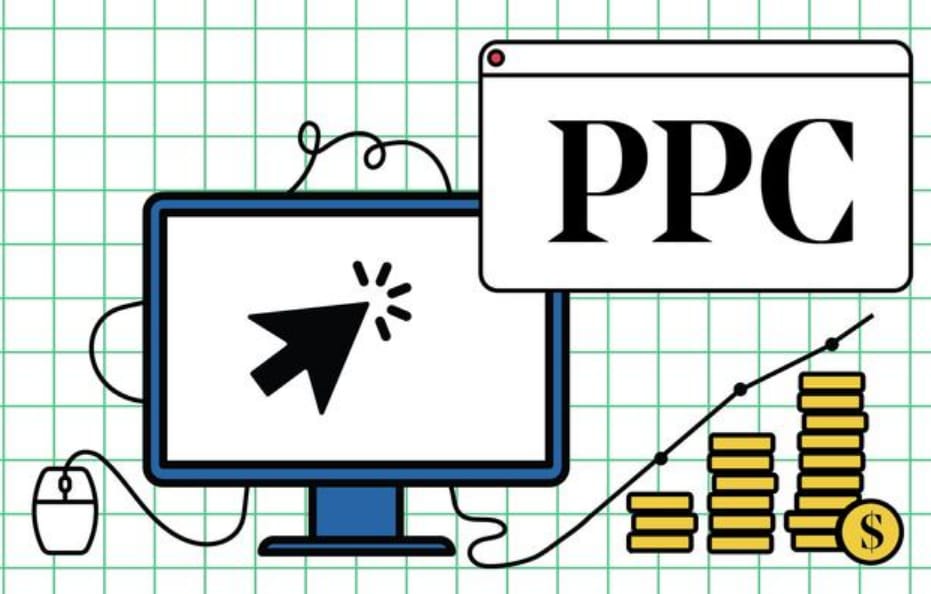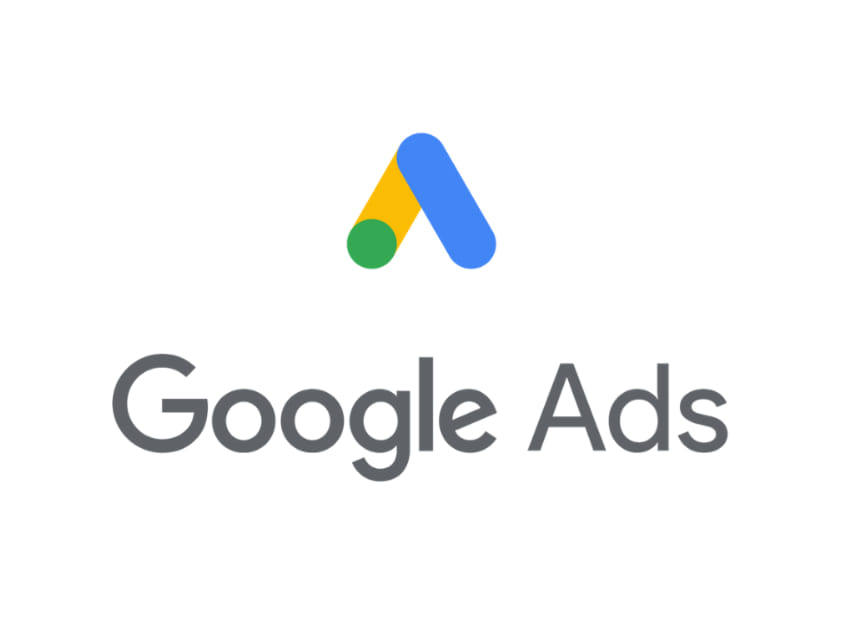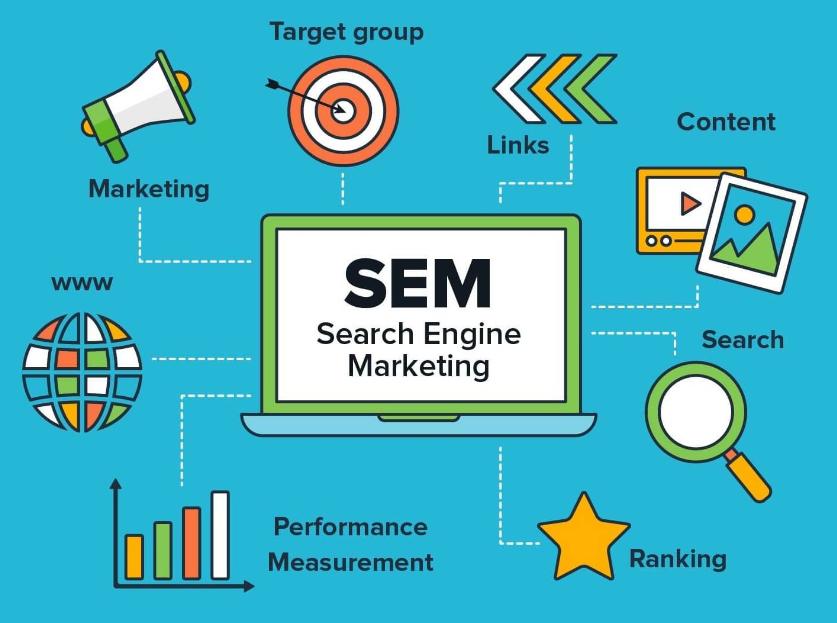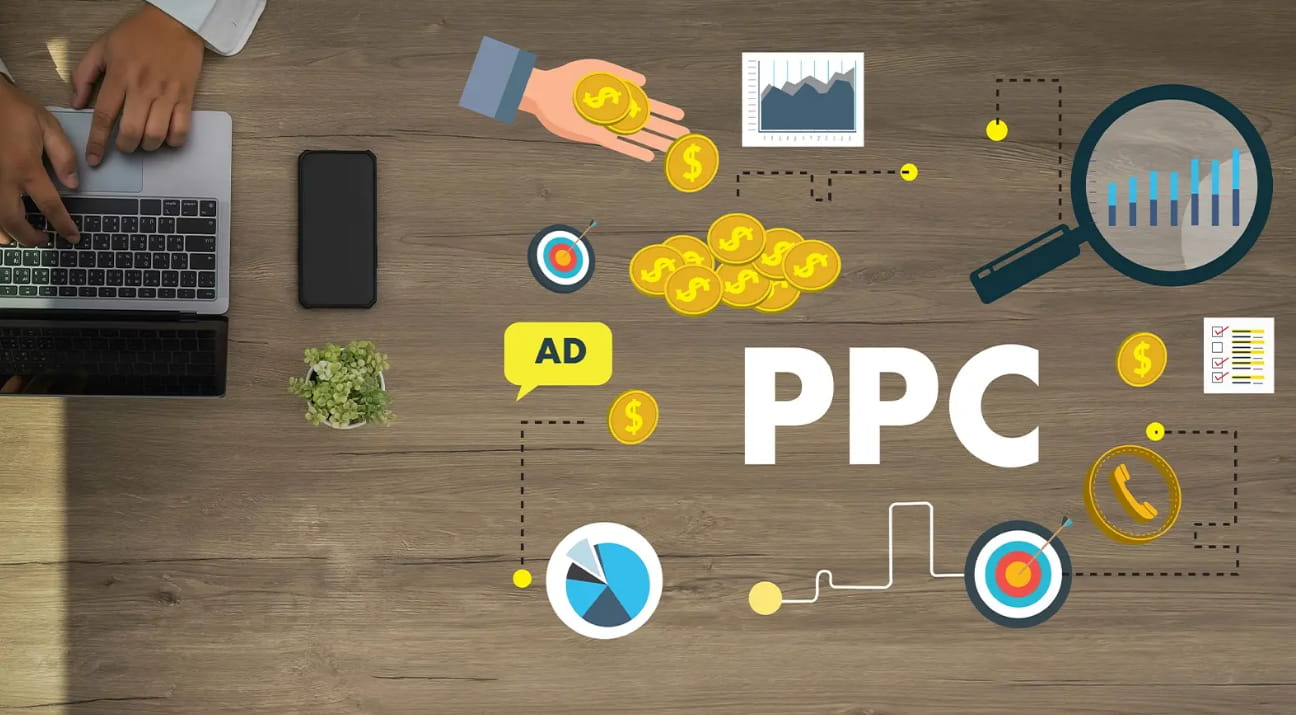In the intricate landscape of digital marketing, staying ahead requires strategic partnerships and innovative solutions. White label PPC emerges as a powerful tool, offering agencies the flexibility to provide top-notch pay-per-click services without the need for in-house expertise. This comprehensive guide unravels everything you need to know about navigating the world of white-label PPC.
1. Understanding White Label PPC: A Primer
At its core, white-label PPC is a service that allows agencies to offer pay-per-click solutions under their own brand, while the backend operations and execution are handled by a third-party provider. This approach enables agencies to deliver PPC services seamlessly, enhancing their service offerings without the burden of managing PPC campaigns in-house.
2. The Advantages of White-Label PPC
a. Expand Your Service Portfolio
Integrating white label pay per click into your agency’s offerings allows you to expand your service portfolio without the need for extensive training or hiring additional staff.
b. Save Time and Resources
Outsourcing PPC management through a white label solution saves valuable time and resources. Agencies can focus on their core competencies while relying on PPC experts for campaign execution.
3. Choosing the Right White-Label PPC Provider
a. Evaluate Expertise and Reputation
When selecting a white-label PPC provider, assess their expertise and reputation in the industry. Look for a provider with a track record of successful PPC campaigns and positive client reviews.
b. Seamless Integration with Your Brand
Opt for a provider that ensures seamless integration with your agency’s brand. Customizable reporting, dashboards, and client-facing interfaces that reflect your brand contribute to a cohesive client experience.

4. Key Components of Successful Campaigns
a. Targeted Keyword Research
Effective keyword research is fundamental to any successful PPC campaign. Ensure that your white-label PPC provider conducts thorough research to target relevant and high-performing keywords.
b. Data-Driven Analytics
Comprehensive analytics and reporting are essential components of successful PPC campaigns. Choose a provider that offers real-time data, allowing you to analyze performance and make informed decisions.
5. Ensuring Client Success with White-Label PPC
a. Transparent Communication
Maintain transparent communication with your clients. Keep them informed about the progress of their PPC campaigns, providing regular updates and detailed reports.
b. Continuous Optimization
Emphasize the importance of continuous optimization. A successful white-label PPC campaign involves ongoing monitoring, analysis, and adjustments to ensure optimal performance.
Conclusion
In conclusion, white label PPC is a strategic move for digital marketing agencies looking to enhance their service offerings without the complexities of in-house management. By understanding the fundamentals, advantages, and key components of successful campaigns, your agency can leverage white-label PPC to propel client success and establish itself as a dynamic player in the digital marketing landscape.


